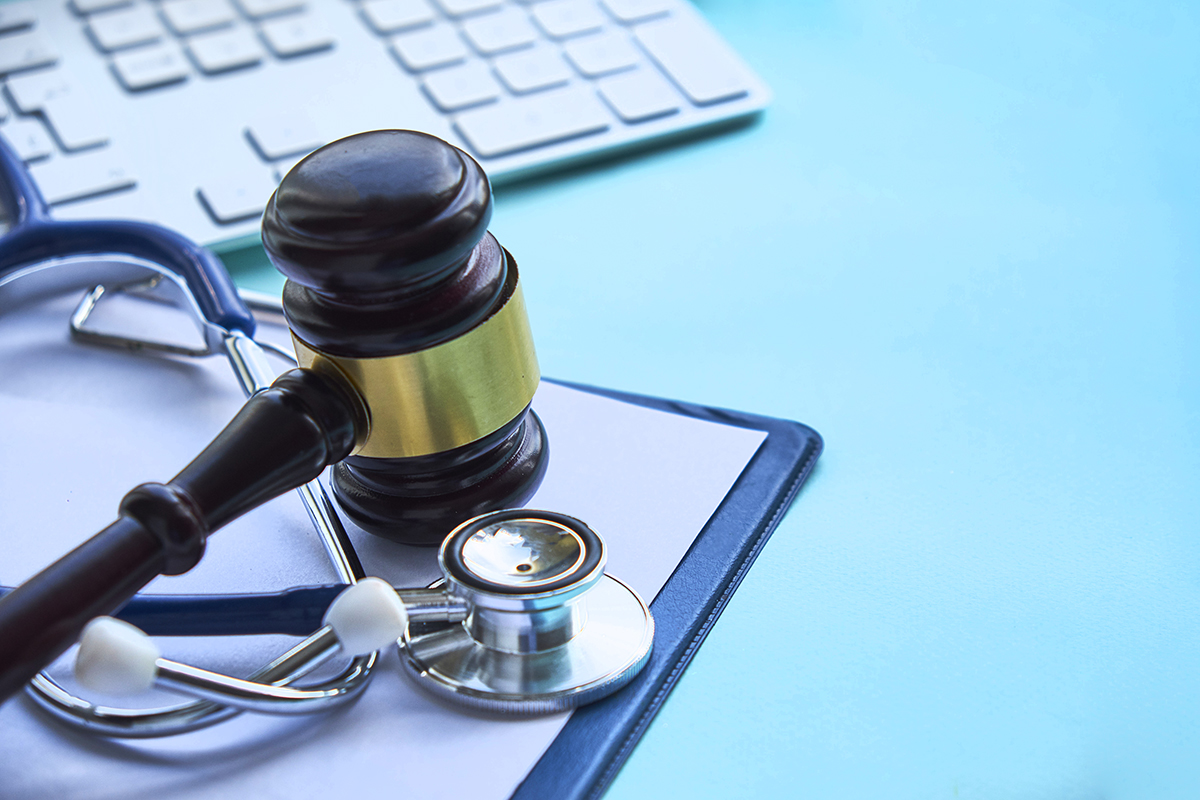In the world of medicine and healthcare, an important issue is not only treating diseases, but also ensuring that patients are aware of their rights. Awareness of patient rights plays a key role in promoting public health and improving the quality of medical care.
Patient rights: The basis of good healthcare
Patients' rights are the cornerstone of any healthcare system. They are a set of principles that not only guarantee patients full and dignified treatment, but also influence the quality and effectiveness of medical care. These rights include the right to access information about one's health, treatment and test results. It is also the right to be actively involved in the decision-making process regarding treatment and the right to privacy and dignity throughout the medical process.
Understanding these rights gives patients the confidence that they are partners in healthcare and not just passive objects of treatment. With patient rights, patients are empowered to be fully informed about their condition, allowing them to make informed decisions about their treatment. In addition, the right to participate in the decision-making process gives patients control over their care, which is key to achieving positive treatment outcomes.Patient rights are also important for the protection of privacy and dignity. Patients have the right to protection of their medical data and to privacy during medical examinations and procedures. This is not only a matter of law, but also a matter of medical ethics and respect for the patient. Every patient deserves to be treated with respect and dignity, regardless of their condition or situation.It is worth emphasising that patients' rights not only protect the interests of the individual, but also affect the quality and safety of the entire healthcare system. When patients feel confident and trust in their doctors and medical staff, they are more likely to use medical services and follow medical recommendations. This in turn leads to improved treatment outcomes and overall population health.
Impact on public health
Awareness of patient rights has a direct and profound impact on public health. It is not only a matter of individual healthcare, but also the overall health of the population. When patients are well informed about their rights, this becomes the cornerstone of a healthier population.
Knowledge of patients' rights, such as the right to be fully informed about their condition or to access their medical records, allows people to make more informed decisions about their health. People who are informed about their rights are more likely to participate in preventive examinations and screening, which enables earlier diagnosis and treatment of diseases. This, in turn, leads to disease detection and control at a stage that is more effective and less costly.
Awareness of patients' rights also promotes better compliance with medical recommendations. Patients who understand their rights and are active in the treatment process tend to take a more systematic and responsible approach to therapy. Taking their medication regularly, adhering to their diet and treatment plans become routine, which contributes to improving their health.
The impact of patient rights awareness on public health can also be measured by a reduction in medical errors and an increase in the quality of medical care. Patients who understand their rights are more likely to report irregularities and inappropriate behaviour by medical staff. This, in turn, forces medical facilities to apply the highest standards of care, which benefits the quality of the entire public health system.
Finally, educating patients about their rights has not only a medical aspect, but also a social one. People who are more aware of their rights are often more socially and politically engaged. They can actively work to improve the healthcare system and counter inequalities in access to care. In this way, they influence the shaping of a more equitable and effective public health system.
Education as a Solution
Educating patients about their rights is key. Health organisations and medical facilities should invest in information campaigns that help patients understand their rights. This could include access to brochures, posters in medical facilities, or access to online guides.
Patient education is not only the responsibility of medical facilities, but also a matter of common sense and balance in the healthcare system. Through education, patients can learn about their rights as well as their responsibilities towards themselves and their health.
Access to information on patient rights can help address many of the problems patients face. Knowing about your rights to refuse treatment, to access a copy of your medical records or your right to a second medical opinion can affect the quality of care you receive.
Education not only raises patient awareness, but also builds trust between the patient and the medical staff. Patients who feel that their rights are respected are more likely to communicate openly and honestly with doctors. This in turn leads to better diagnosis, treatment and care.
Patient education on patient rights is an investment in public health. It makes patients more aware, more confident and more involved in the treatment process. This is not only beneficial for patients, but also for the healthcare system as a whole. It is therefore worth continuing and developing educational initiatives that help patients understand their rights and put them into practice.

